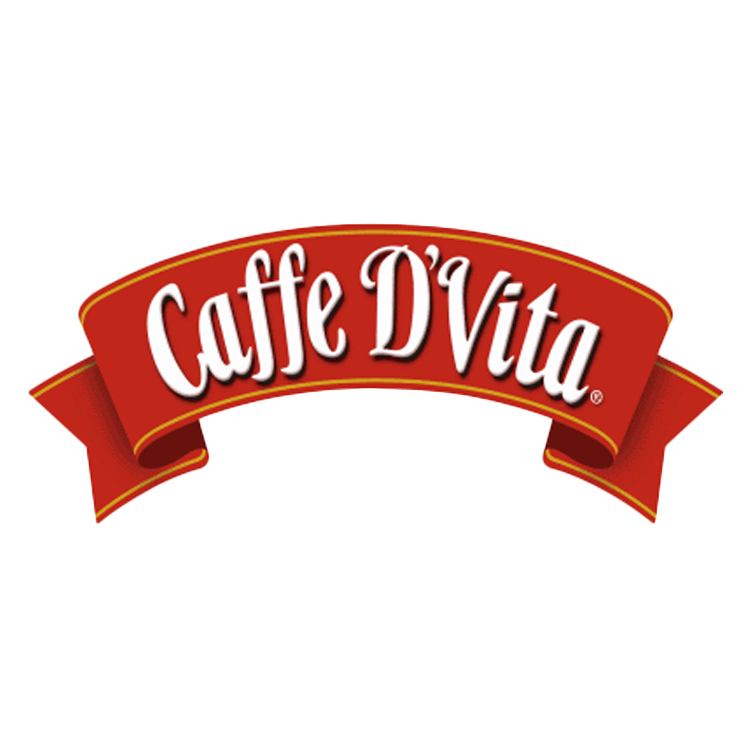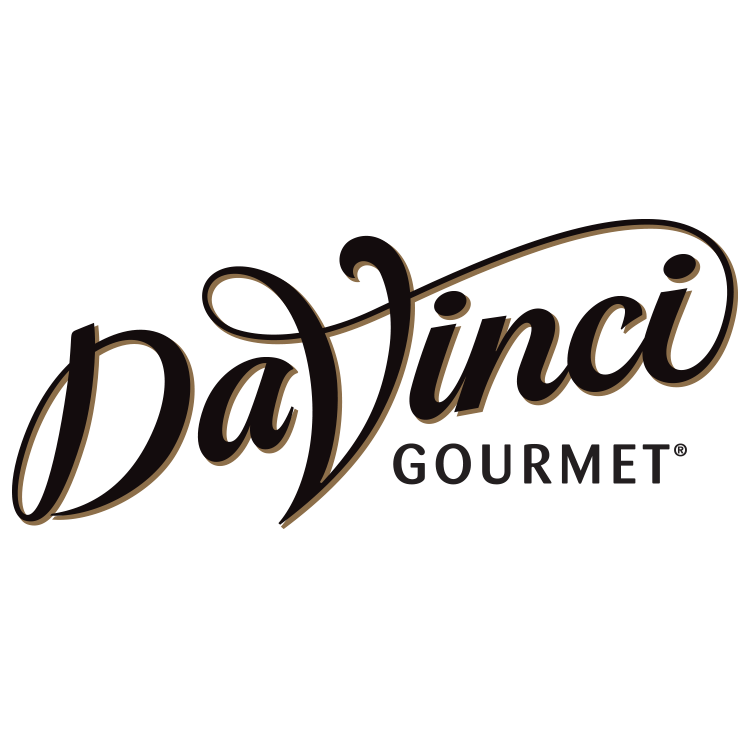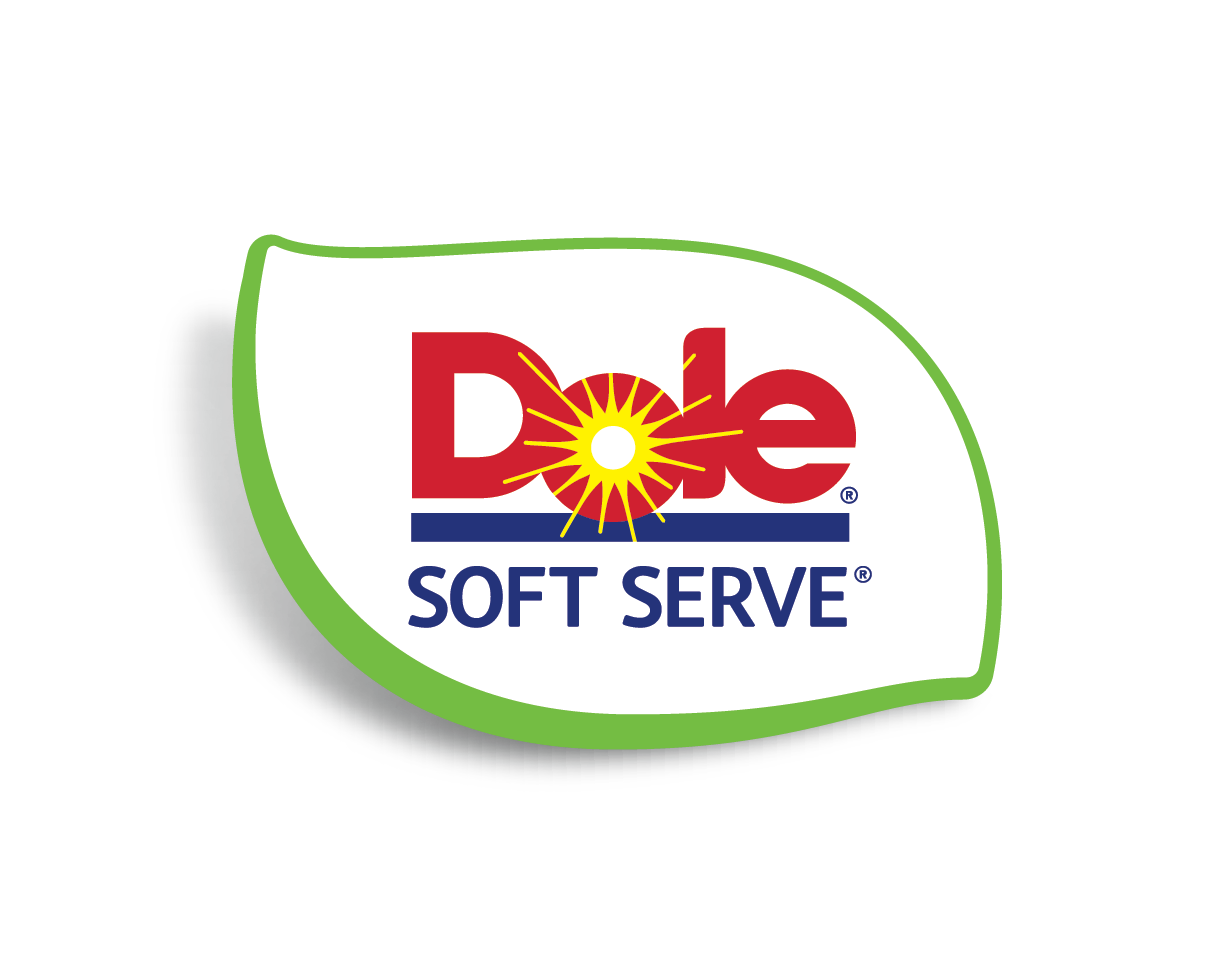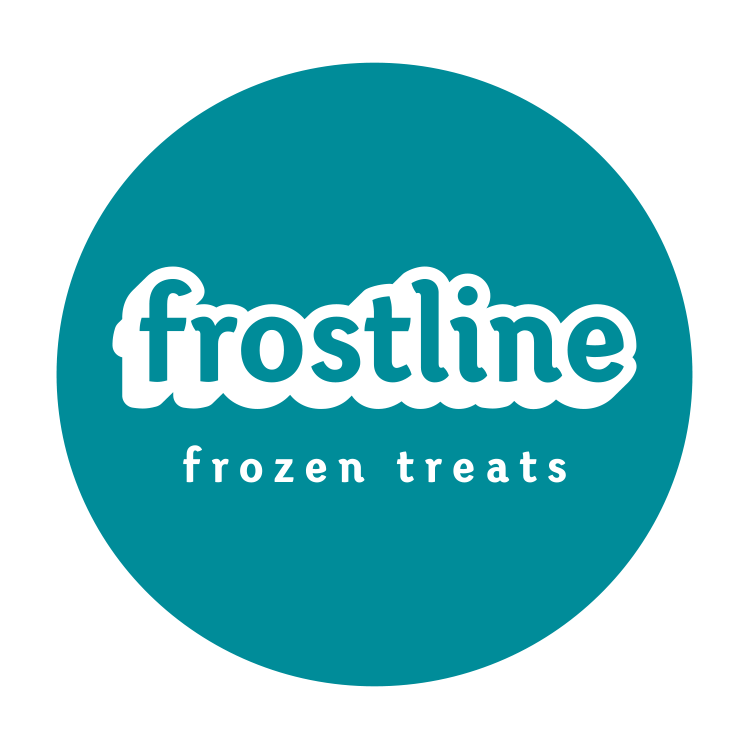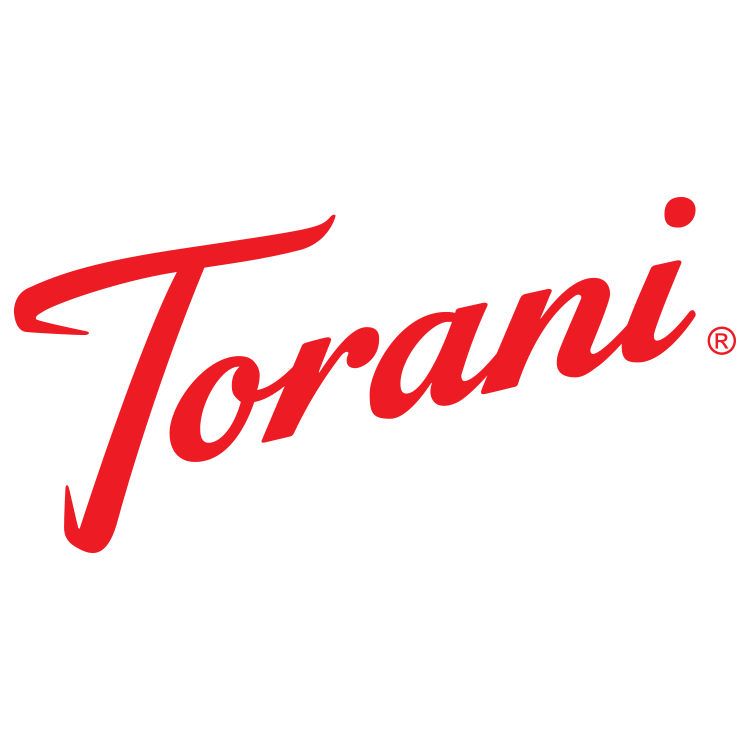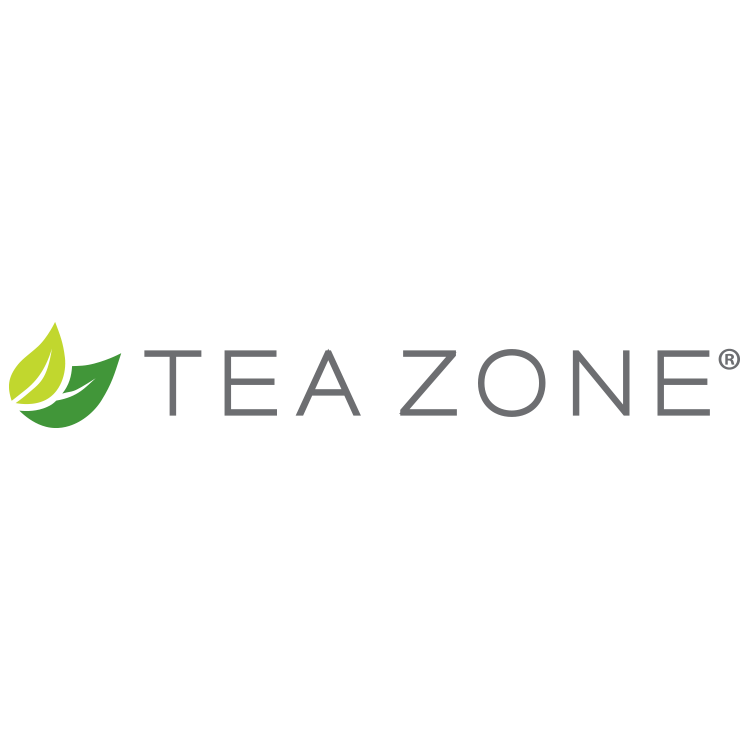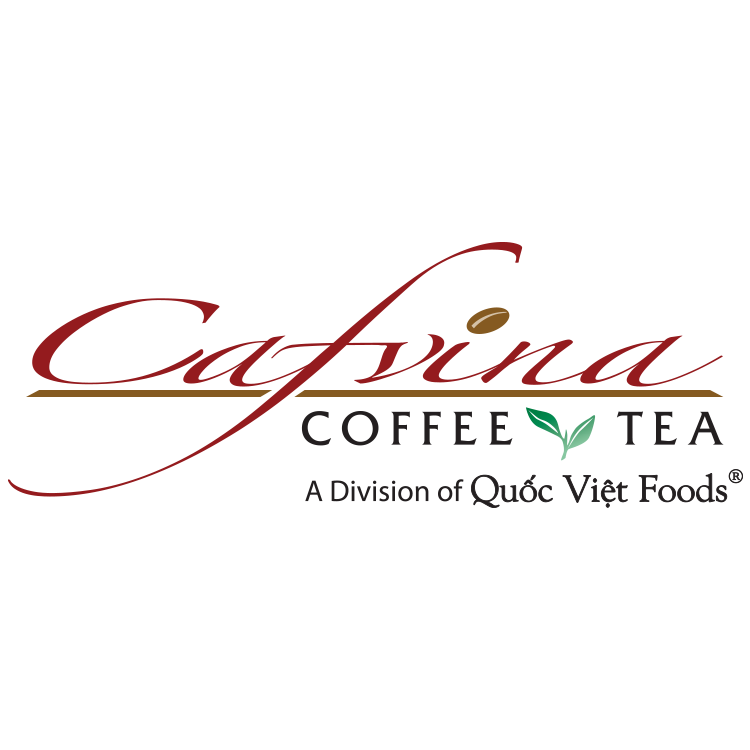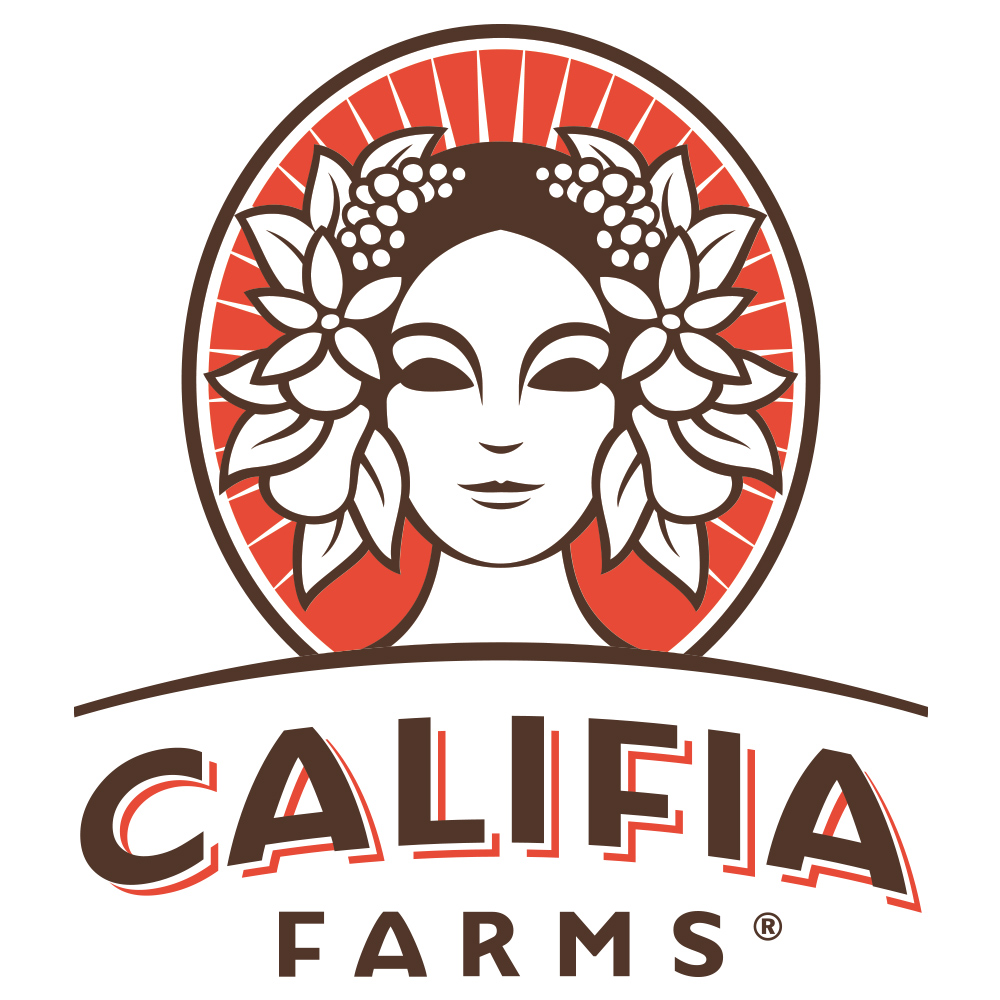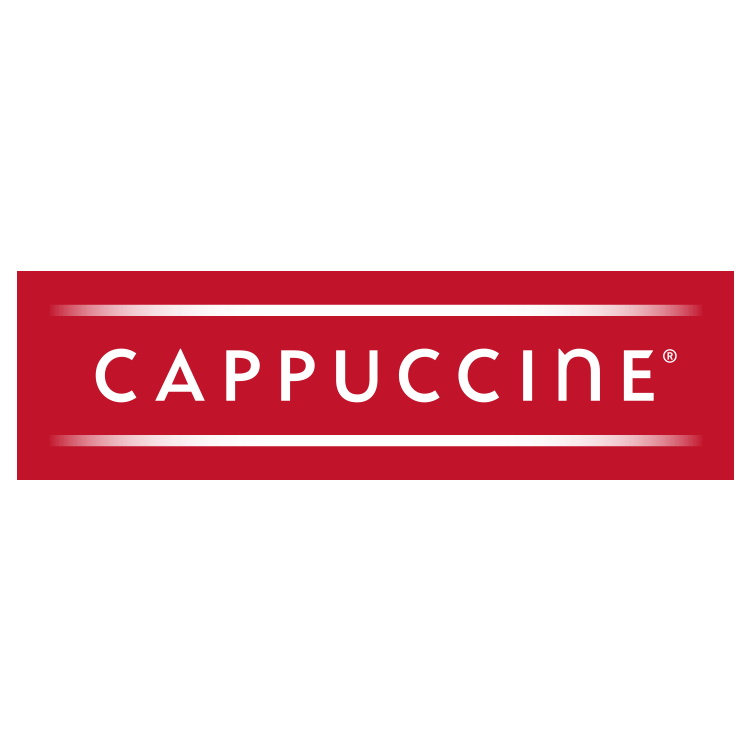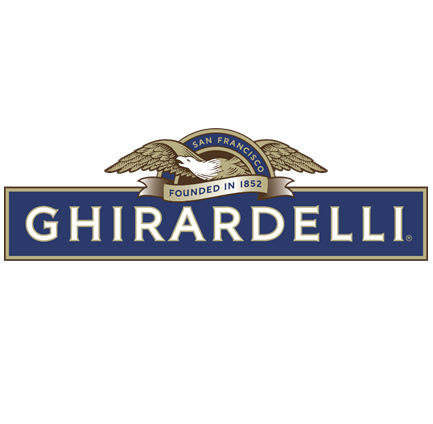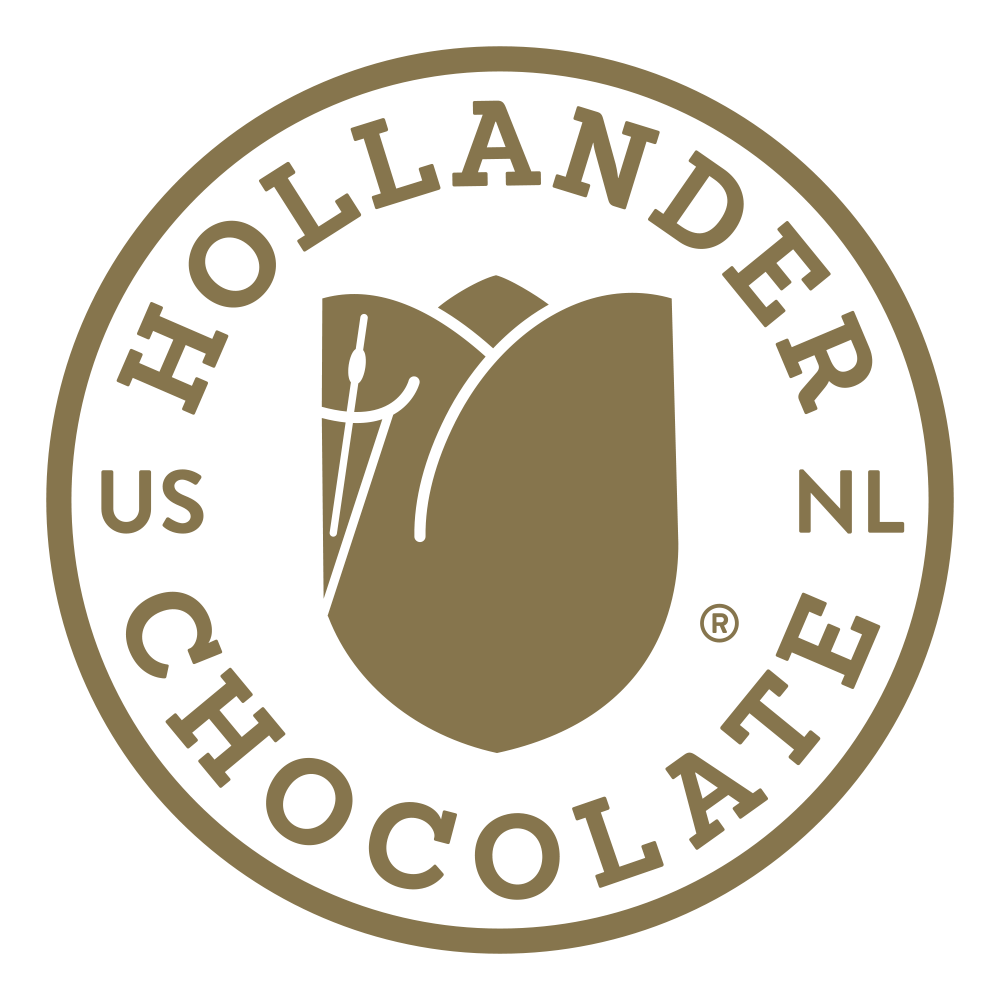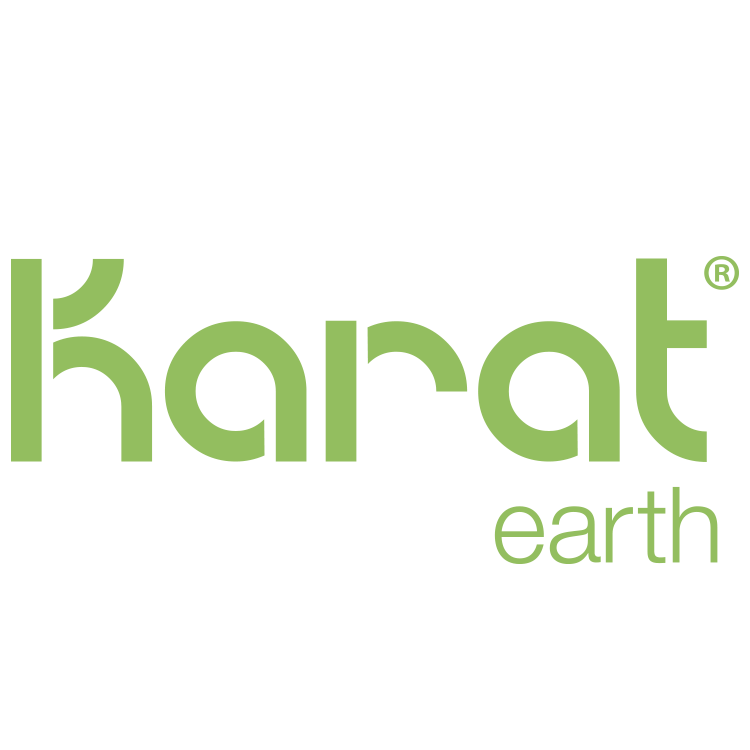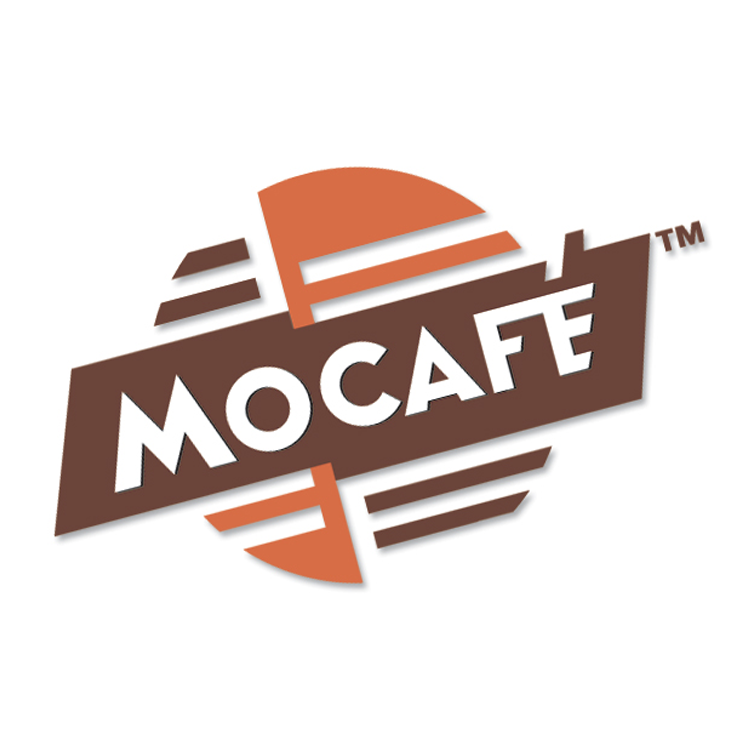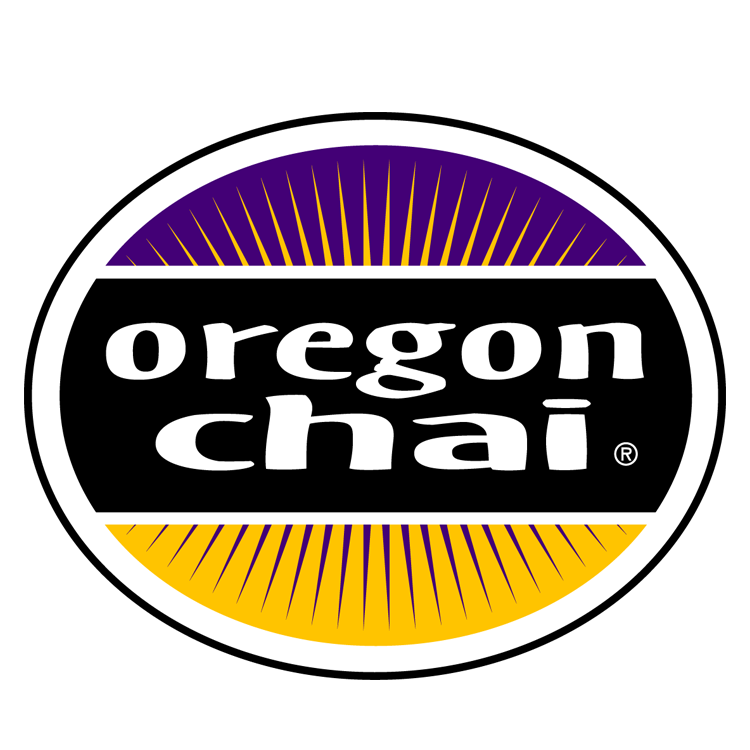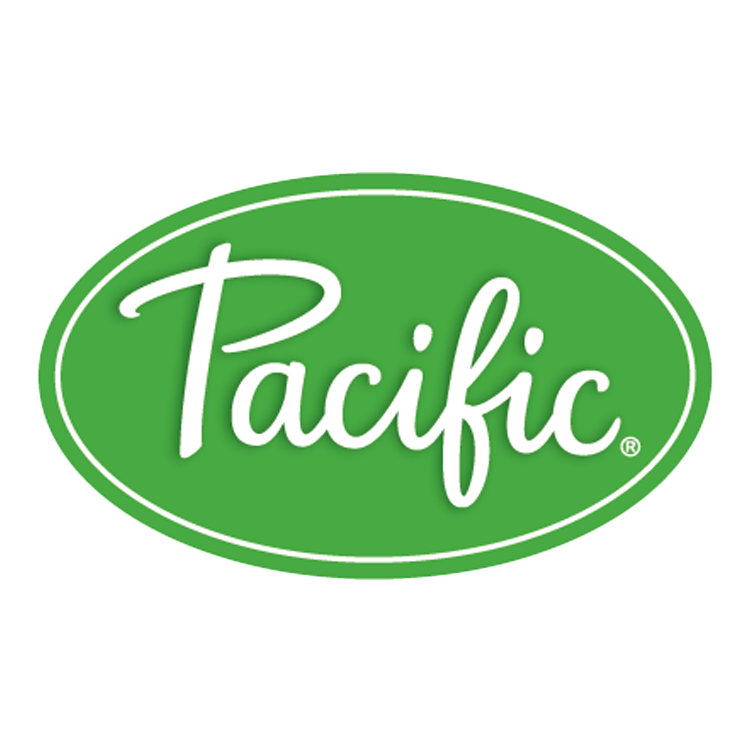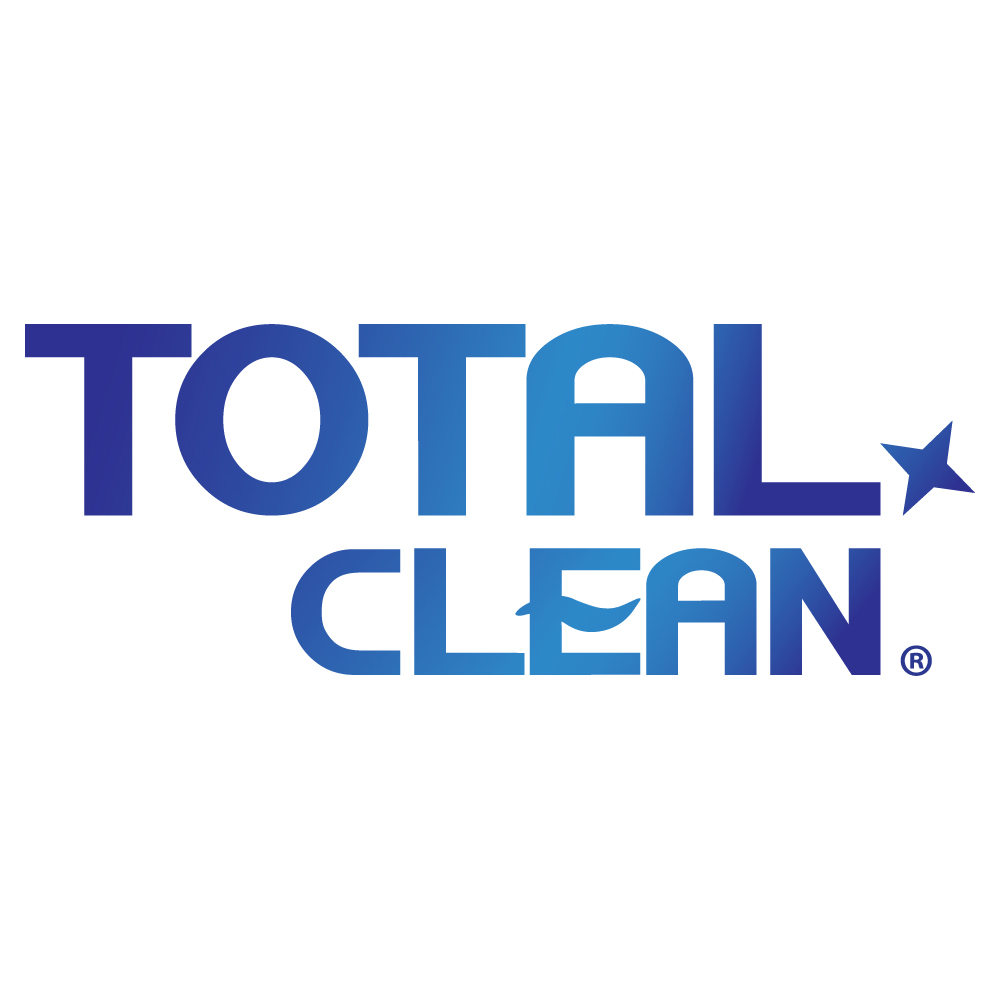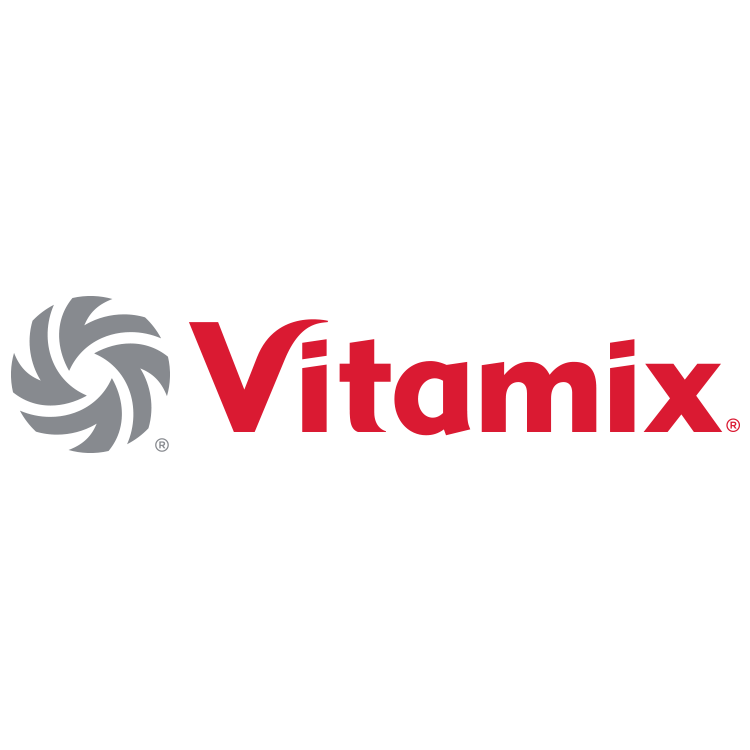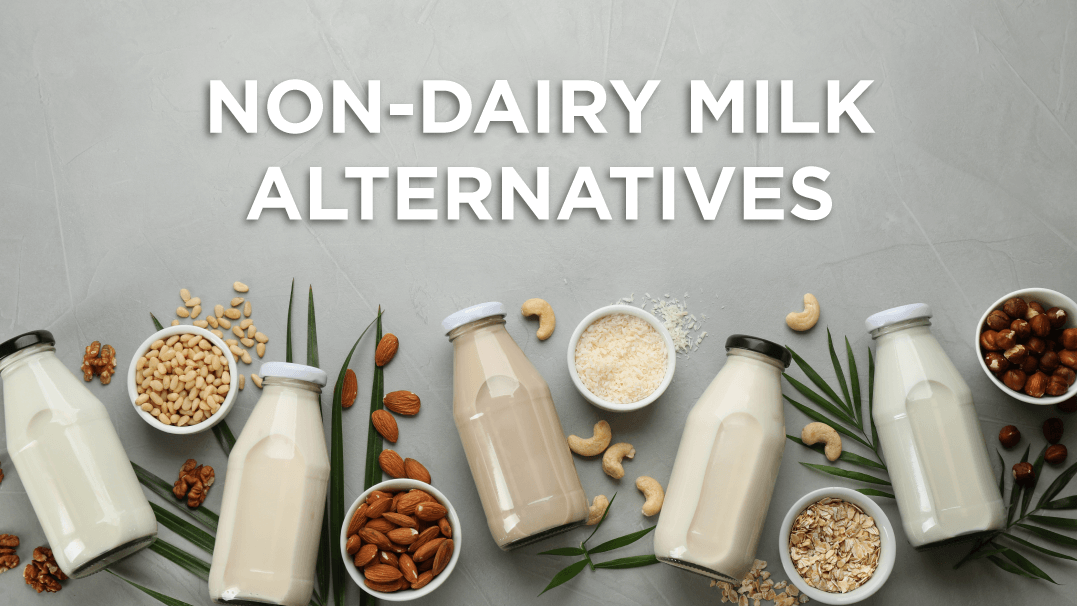Non-Dairy Milk Alternatives
By: Sabrina Huda Sanchez
Over the last 2 decades, the cold case in supermarkets has seen its real estate overrun by nondairy alternatives such as soy milk, almond milk and others. People have turned to milk alternatives for several reasons including: a shift to vegetarianism/veganism, a lactose intolerance, a concern over environmental impacts, or even for weight loss. With all the options on the market, what is the difference between them? Is one healthier over another?
Let’s review these nondairy milk alternatives:
• Soy Milk
• Almond Milk
• Oat Milk
• Coconut Milk
• Hemp Milk
Soy Milk
- What is soy milk?
Soy milk is a plant-based beverage made from soybeans. This is a product of soaking and blending soybeans, cooking it on the stovetop, then filtering it for a pure liquid. Although, commercial manufacturers may add additional ingredients such as preservatives, sweeteners, and vitamins. Soy milk was one of the first popularized non-dairy alternatives in the US before a range of other options hit grocery shelves.
- Is soy milk bad for you?
After its growing consumption, studies revealed that soy actually contains high levels of estrogen-like compounds. Large amounts of estrogen have been linked to increased risk of cancer cells, female fertility issues, and thyroid function. However, soy milk provides just as much protein as cow’s milk and less saturated fat. In moderation, soy milk is a good choice.
- Soy milk Nutrition Facts
According to the USDA, these are the nutrition facts for 1 cup (243 g) of soy milk:
Calories: 131
Total Fat: 4.3 g
Saturated Fat: 0.5 g
Sodium: 124 mg
Total Carbohydrates: 15 g
Sugar: 10 g
Protein: 8 g
Calcium: 6% DRV
Iron: 8% DRV
Almond Milk
- What is almond milk?
Almond milk is nutty plant-based drink made from almonds. To make it, simply soak almonds then blend with water, salt, and an optional amount of vanilla extract. Strain out any granules of nut remaining then serve. Store-bought almond milk will also contain preservatives, vitamins, and flavorings. This milk alternative is not very nutrient-dense unless fortified, although it is low calorie and high in calcium which makes it a good addition to smoothies.
- Is almond milk bad for the environment?
California is the world’s leading producer of almonds. The concern is that almond demand an enormous amount of water to grow, however, California has been in a drought. The battle over water and the impact to the environment makes this non-dairy milk a controversial option.
- Almond milk Nutrition Facts
According to Healthline, these are the nutrition facts for 1 cup (240 ml) of almond milk:
Calories: 39
Total Fat: 3 g
Saturated Fat: unk
Sodium: unk
Total Carbohydrates: 3.5 g
Sugar: unk
Protein: 1 g
Calcium: 24% DRV
Iron: unk
Oat Milk
- What is oat milk?
Oat milk is a plant-based beverage made by soaking either steel-cut or rolled oats in water then blending and straining them. The liquid it produces does lose some of its nutrients from the raw form of oats, but it’s allergen-free. Oat milk is used in many coffeehouse beverages and on social media trending drinks. The buoyancy of oat milk allows for preparing layered drinks that photography well such as the Matcha Oat Milk.
- Is oat milk healthy?
Oat milk is not very nutritious in its simple form which is why many manufacturers enrich it with nutrients. It does contain healthy soluble fiber that is known to improve heart health. Fortified oat milk contains as much calcium as cow’s milk for those that have a calcium deficiency but cannot consume dairy.
- Oat milk Nutrition Facts
According to Healthline, these are the nutrition facts for 1 cup (240 ml) of almond milk:
Calories: 120
Total Fat: 5 g
Saturated Fat: unk
Sodium: unk
Total Carbohydrates: 16 g
Sugar: unk
Protein: 3 g
Calcium: 27% DRV
Iron: 2% DRV
Coconut Milk
- What is coconut milk?
Coconut milk is a rich milk alternative that is made from the meat of a coconut. There are two types of coconut milk, one is thicker and typically used for cooking while the other is thinner and can be used in cereal, coffee, or chugged as is. Compared to the other nondairy options, it is more popular as a cooking ingredient than it is as a beverage. Coconut milk is used traditionally in regions of Asia and Africa to make curries and other soups. It is high in saturated fats which are considered unhealthy fats and only acceptable in small amounts.
- Coconut milk canned versus carton
Coconut milk found in a can is usually thicker than the kind sold in a carton. The main difference is the water content. Coconut flesh is naturally thick and oily so it is minimally processed when canned.
- Coconut milk Nutrition Facts
According to the USDA, these are the nutrition facts for 1 tablespoon (15 g) of canned coconut milk:
Calories: 34
Total Fat: 3.6 g
Saturated Fat: 3.2 g
Sodium: 2 mg
Total Carbohydrates: 0.8 g
Sugar: 0.5 g
Protein: 0.3 g
Calcium: 0% DRV
Iron: 1% DRV
Hemp Milk
- What is hemp milk?
Hemp milk is a plant-based milk alternative that is made from hemp seeds. This is created by soaking then blending hemp seeds followed by separating the debris from the liquid. It has an earthy nutty flavor similar to almond milk. There are always preservatives added to the store-bought versions to prolong shelf life, but you can also find flavors and sweeteners.
- Does hemp milk contain THC?
Marijuana is derived from the hemp plant as well. Nevertheless, there is such tiny traces of the psychoactive compound THC found in hemp seeds that it cannot possibly cause psychedelic reactions. Hemp milk is completely safe for everyone to consume.
- Hemp Milk Nutrition Facts
According to WebMD, these are the nutrition facts for 1 cup of hemp milk:
Calories: 130
Total Fat: 3 g
Saturated Fat: unk
Sodium: unk
Total Carbohydrates: 20 g
Sugar: 15 g
Protein: 4 g
Calcium: unk
Iron: unk
Takeaway
Milk has become a part of the American diet as it is important in cereals, coffee, and to be drank along with desserts. Cow’s milk may not work for many which has resulted in a boom of non-dairy alternatives. Each option has its pros and cons from taste to nutrient content for you to consider. These beverages are all available at LollicupStore.


